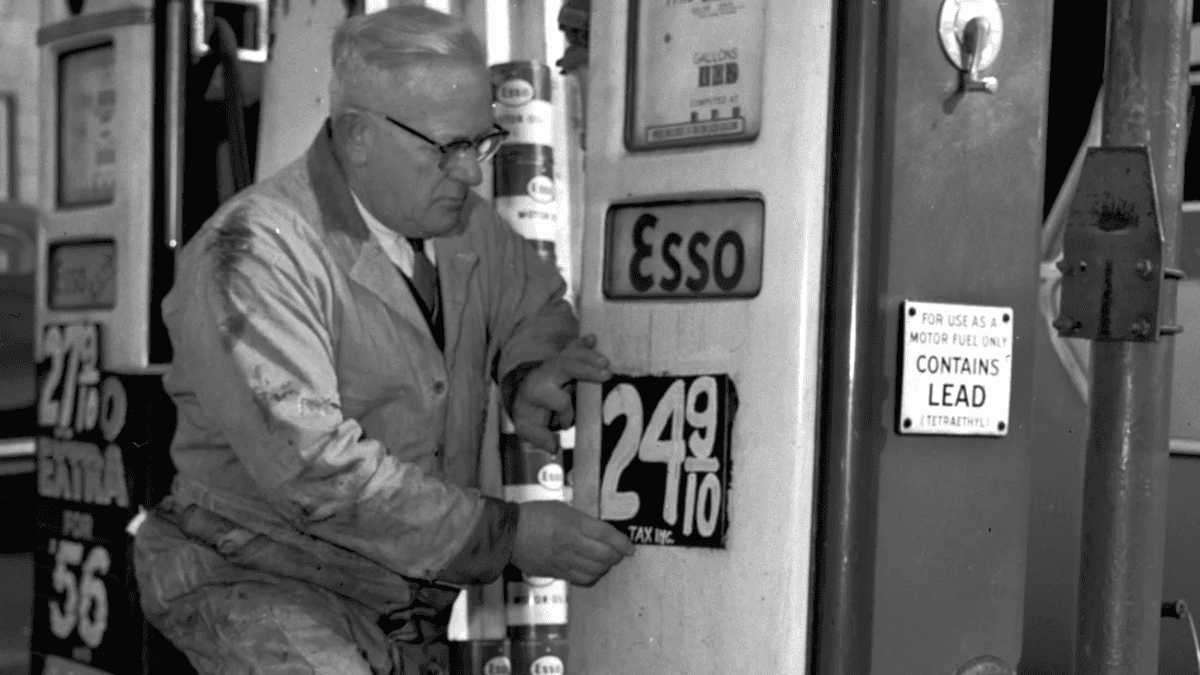Saudi Arabia approved its 2025 budget on Tuesday, projecting a deficit of 101 billion riyals ($26.88 billion), or 2.3% of its GDP.
Finance Minister Mohammed Al Jadaan reaffirmed the kingdom’s commitment to Vision 2030, an ambitious plan to reduce its dependence on oil.
Declining oil prices and production cuts have reduced Saudi revenue, but Vision 2030 initiatives, such as large infrastructure projects, aim to boost non-oil sectors like tourism and manufacturing.
Investing in a future Saudi economy
Crown Prince Mohammed bin Salman, Saudi Arabia’s de facto ruler, said Vision 2030 reforms are vital and have already shown “positive indicators for the Saudi economy.”
Al Jadaan noted that some projects, like the NEOM mega-city, are under review due to economic conditions. “If anyone thinks NEOM will be built and profitable in five years, that’s foolish,” he said during a Riyadh briefing.
Earlier this month, the NEOM project’s longtime head was dismissed over unspecified performance issues.
The $900 billion Public Investment Fund, Saudi Arabia’s oil-based sovereign wealth fund, finances projects like NEOM, though oil revenue is forecast to decline by up to 10% by 2025.







